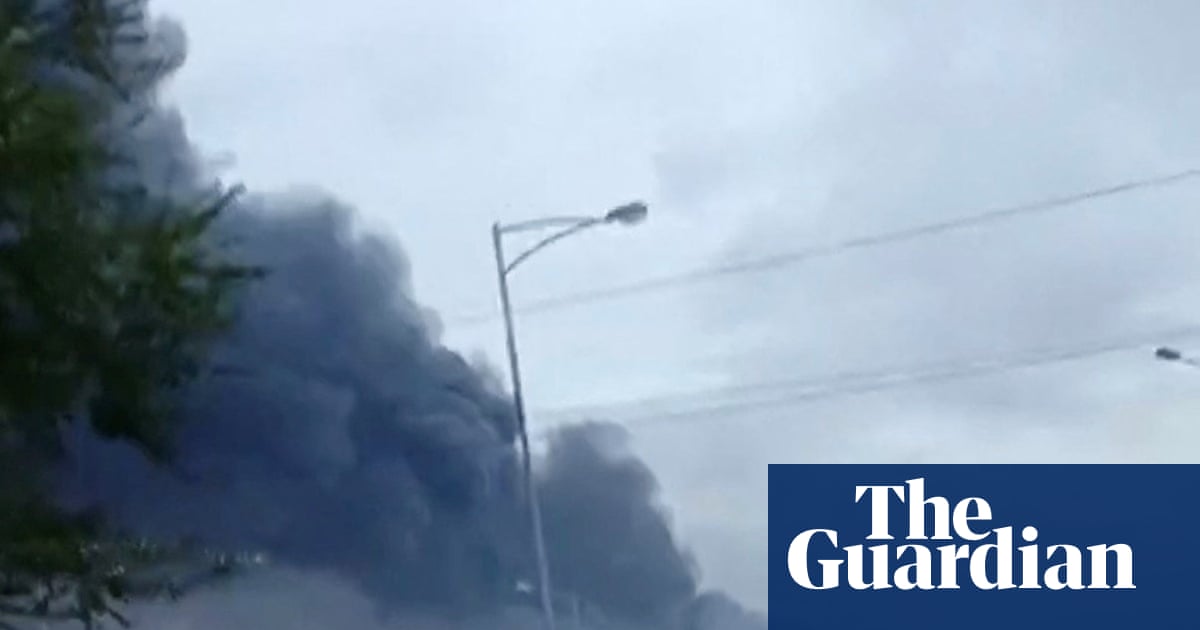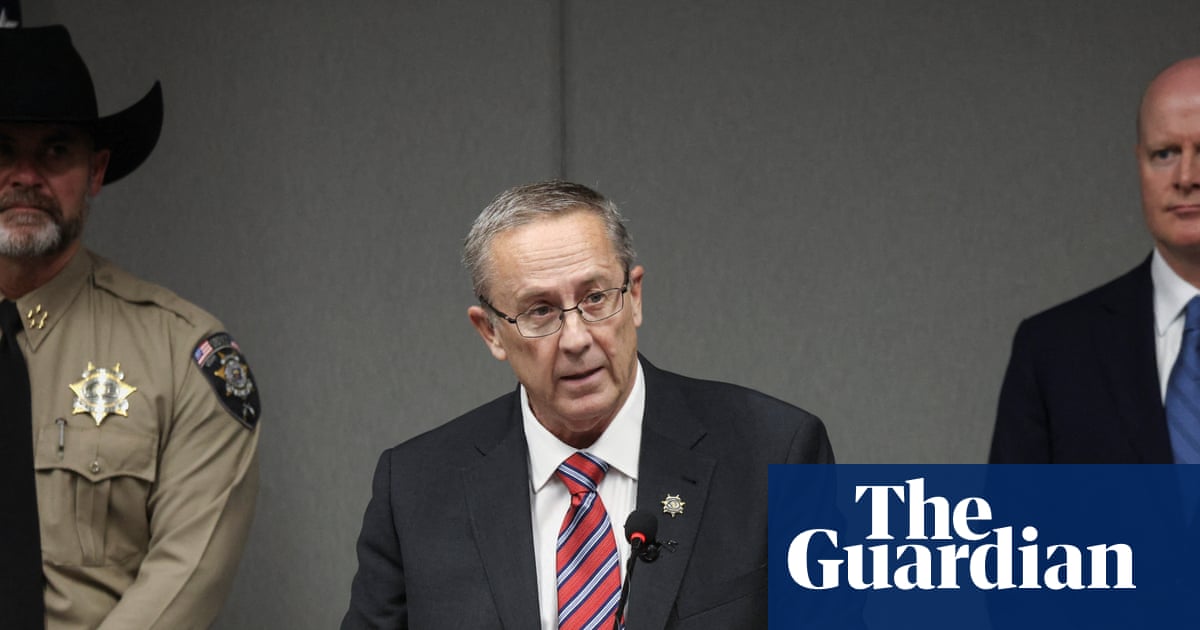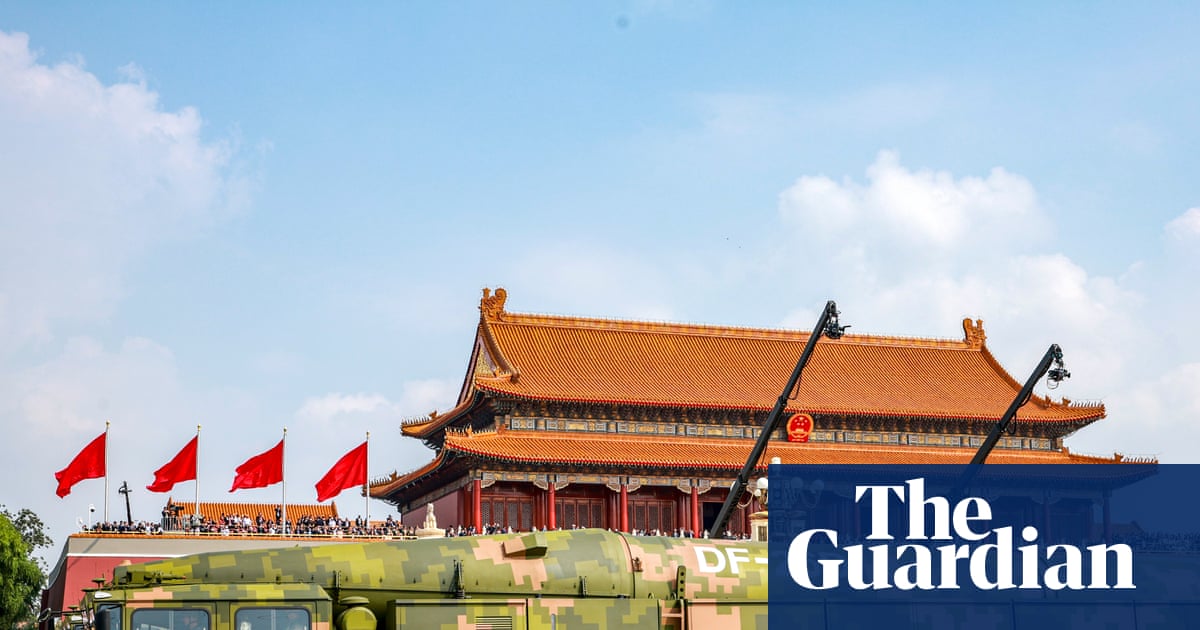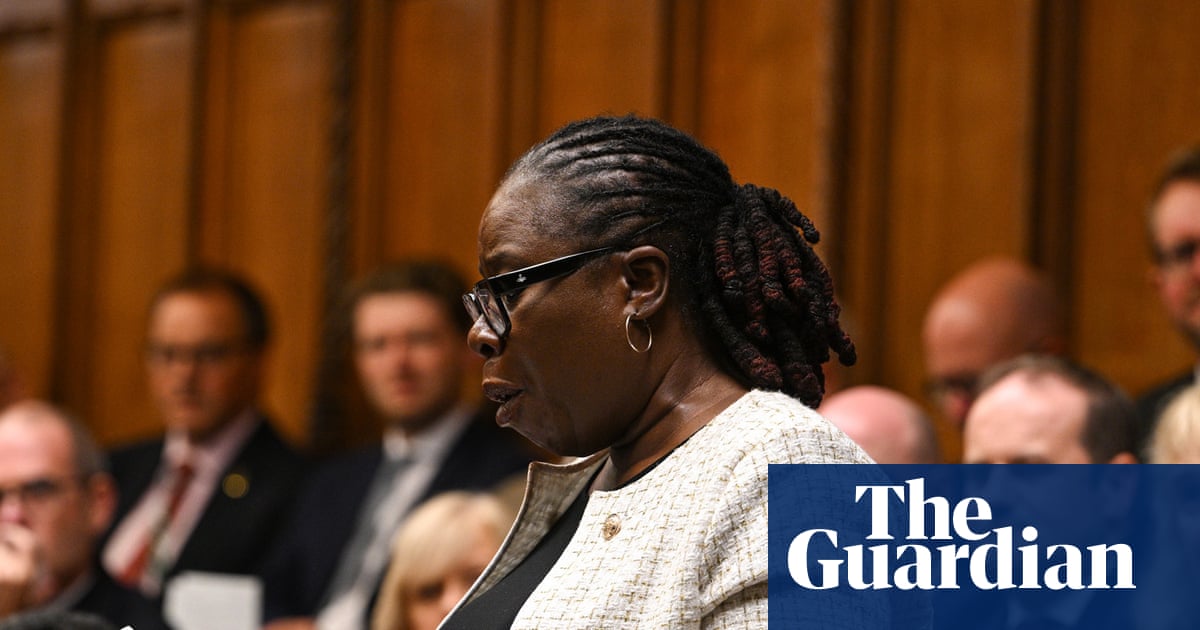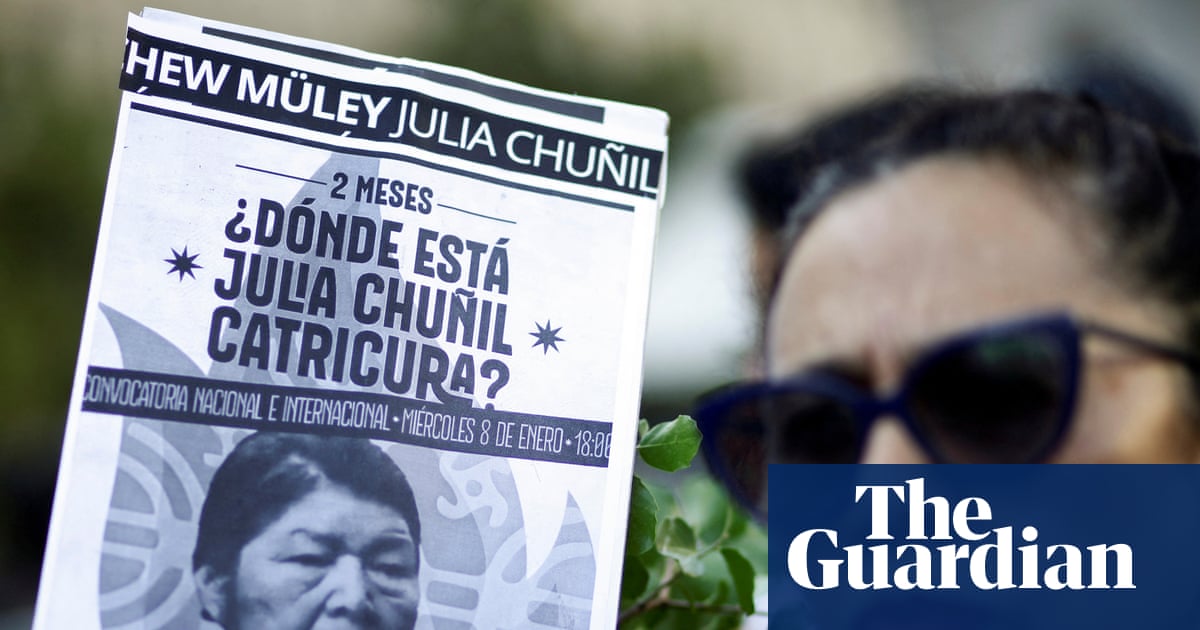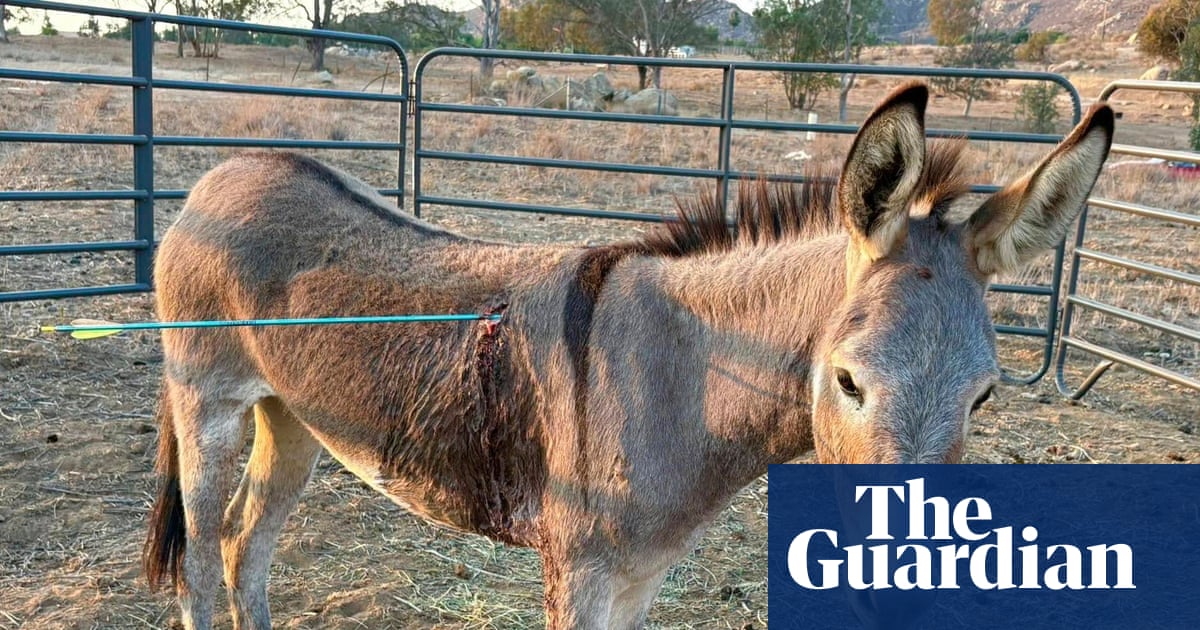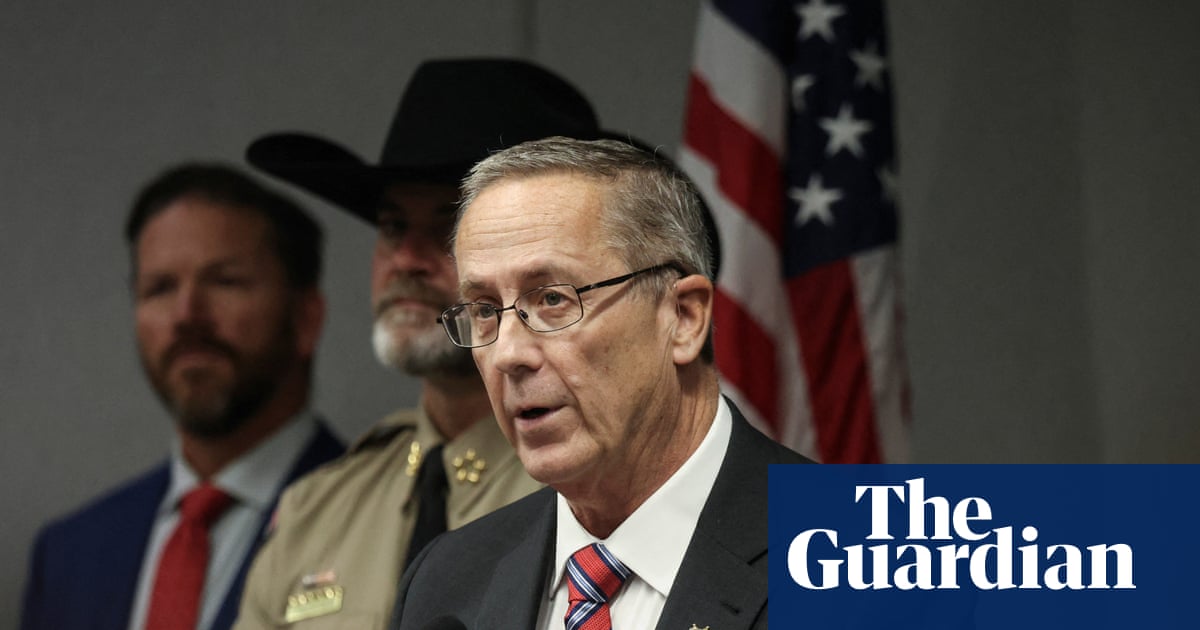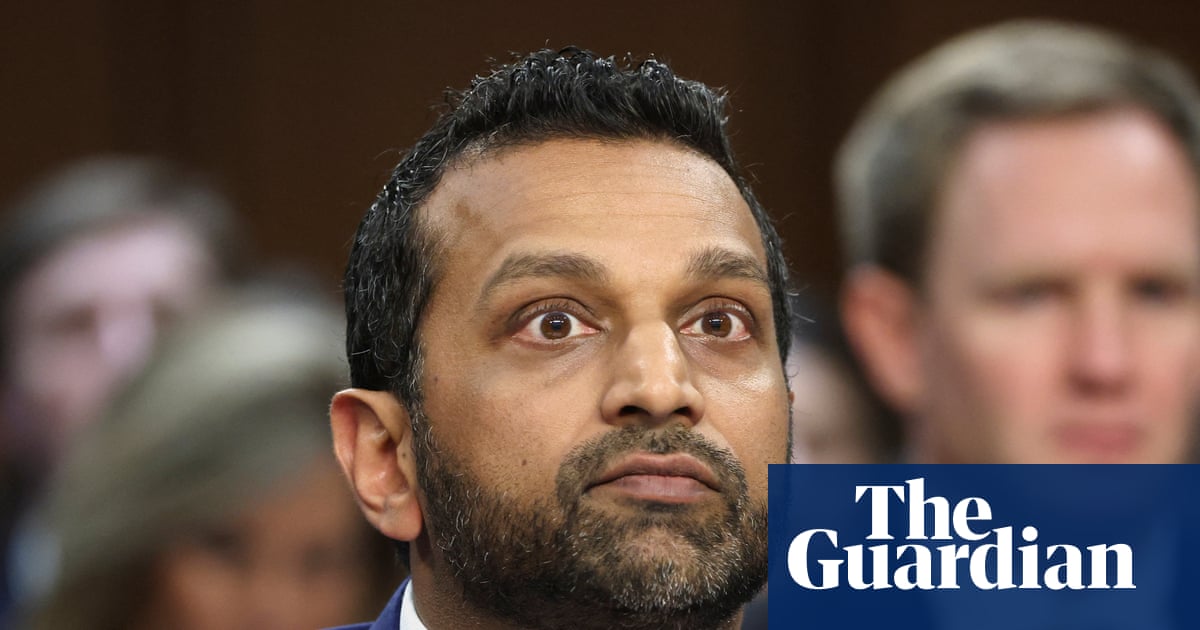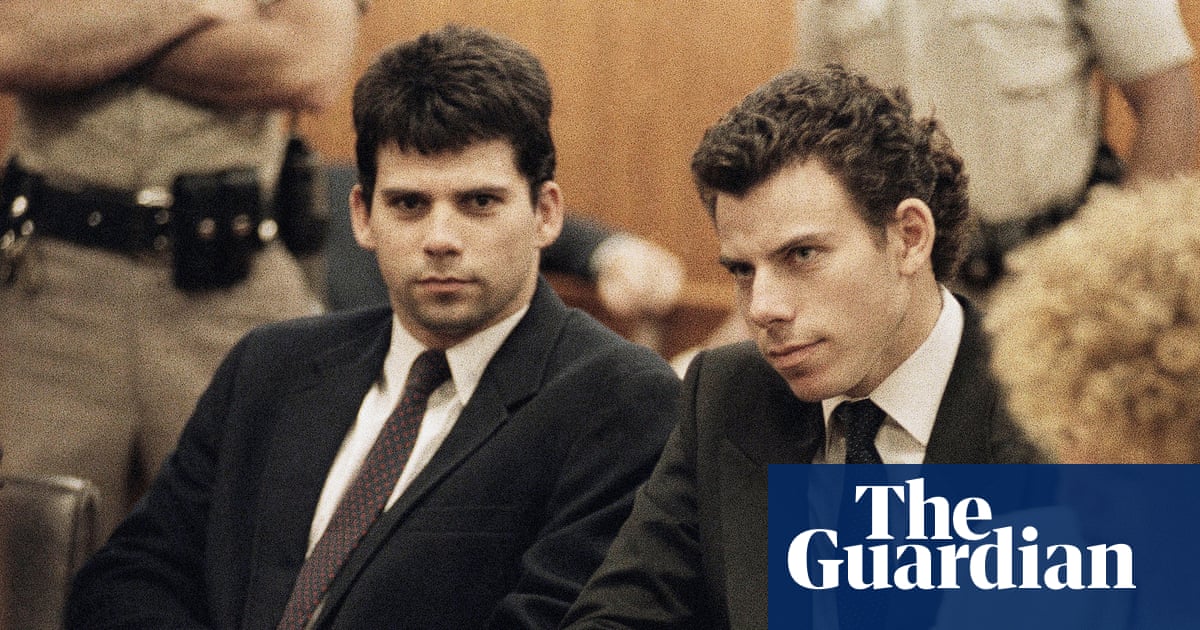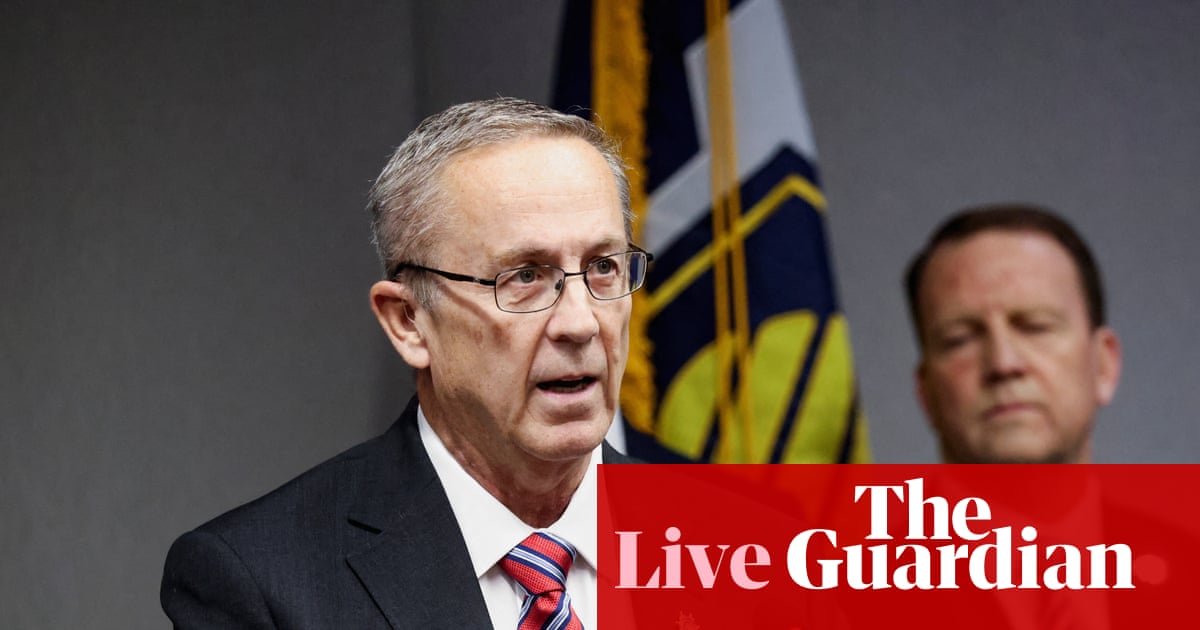The Trump administration was deploying roughly 4,000 national guard members in Los Angeles on Monday in response to protests over immigration raids, in an extraordinary mobilization of troops against US residents that California leaders have called “authoritarian”.
Tensions between the federal government and the nation’s second-largest city dramatically escalated over the weekend as residents took to the streets to demonstrate against a series of brutal crackdowns on immigrant communities. Raids in the region have affected garment district workers, day laborers and restaurants, and the president of a major California union was arrested by federal agents while serving as a community observer during US Immigration and Customs Enforcement (Ice) arrests.
Despite facing teargas and other munitions over the weekend, protesters continued to rally on Monday, and families of detained immigrants pleaded for their loved ones to be released.
The Trump administration initially said 2,000 national guard members were being sent to LA, but California governor Gavin Newsom said late on Monday he was informed federal officials were sending an additional 2,000 troops, though he said only 300 had been deployed so far, with the remainder “sitting, unused, in federal buildings without orders”. Federal authorities also said the military would be sending roughly 700 marines, marking an exceptionally rare deployment targeting people domestically.
Largely peaceful protests against Ice spread around the country on Monday, including in New York, Chicago, Dallas and San Francisco, where hundreds of people gathered in the evening for a march through the city’s historically-Latino Mission district. In Austin, demonstrators marched outside an Ice processing center, chanting slogans such as “No more Ice” and holding up signs including “No human being is illegal”. In downtown Los Angeles, the American Civil Liberties Union (ACLU) held a demonstration calling for an end to Ice raids. Intermittent protests continued into the evening, as police used rubber bullets to disperse a crowd of several hundred people gathered near the federal building.
Advocates also rallied in support of David Huerta, the president of SEIU California and SEIU-USWW, who was arrested on Friday and initially hospitalized. Huerta was charged with conspiracy to impede an officer, which could result in a six-year prison sentence, and released Monday, telling reporters: “This fight is ours, it’s our community’s, but it belongs to everyone. We all have to fight for them.”
Tensions simmered as California filed a lawsuit against the Trump administration challenging the federal deployment of the state national guard over Newsom’s objections. Meanwhile, Trump’s border czar, Tom Homan, earlier threatened to arrest Newsom and the Los Angeles mayor, Karen Bass, a move the governor said was “an unmistakable step toward authoritarianism”.
Newsom dared the administration to follow through with the threats, prompting Trump to respond: “I would do it if I were Tom. I think it’s great.”
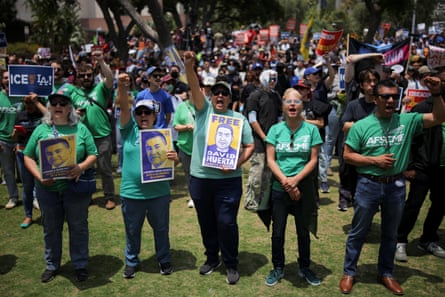
Trump, who congratulated the national guard troops for a “great job” before they had arrived in the city, said LA would have been “completely obliterated” without them.
Homan claimed on Fox News that Ice “took a lot of bad people off the street”. He said, without providing specifics, that he had arrested gang members and people with serious criminal convictions, but also admitted that Ice was detaining immigrants without criminal records.
Homan also told NBC News that more raids were coming, and Ice arrests continued across southern California on Monday.
California’s lawsuit, filed late on Monday against Trump and Pete Hegseth, his defense secretary, said the president had “used a protest that local authorities had under control to make another unprecedented power-grab … at the cost of the sovereignty of the state of California and in disregard of the authority and role of the governor as commander-in-chief of the state’s national guard”.
The suit, which seeks to block the defense department from deploying the state national guard, said there has been no “rebellion” or “insurrection” in LA. California also said that during raids, Ice agents “took actions that inflamed tensions and provoked protest” and “sparked panic”. California noted that Ice sealed off entire streets around targeted buildings, used unmarked armored vehicles with paramilitary gear, and did not coordinate with LA law enforcement officials.
Rob Bonta, the California attorney general who filed the suit, said the president was “trying to manufacture chaos and crisis on the ground for his own political ends”.
Also on Monday, families targeted by the recent raids spoke out. Trabajadores Unidos Workers United, an immigrant rights group, held a press conference outside Ambiance Apparel, a garment district warehouse raided on Friday.
One woman said she witnessed the raid where her father was “kidnapped by Ice”, adding: “What happened was not right. It was not legal. In this country, we all have the right to due process … I saw with my own eyes the pain of the families, crying, screaming, not knowing what to do.”
Yurien Contreras said her family has had no communication with her father, Mario Romero, since he was taken: “I witnessed how they put my father in handcuffs, chained him from the waist and from his ankles.” Lawyers from the Immigrant Defenders Law Center (ImmDef), found that immigrants apprehended in LA were initially detained in a basement of a federal building, alleging they were denied food, water or beds for more than 12 hours.

Mayor Bass has said that LA is a “proud city of immigrants” and has strongly condemned the raids, telling reporters on Monday evening that most people detained have been denied access to lawyers, with many “disappeared” to unknown locations. “I can’t emphasize enough the level of fear and terror that is in Angelenos,” she said, adding that she would not stand for the White House using LA as a “test case” for this kind of federal crackdown.
Bass also condemned vandalism and said protesters would be arrested for “violent” acts. LAPD said on Monday that 29 people had been arrested on Saturday for “failure to disperse”, and that there were 21 additional arrests on Sunday on a range of charges, including looting, attempted murder with a molotov cocktail and assault on an officer.
Civil rights activists criticized the militarized response of local law enforcement, including LAPD, which has a history of injuring protesters, sometimes leading to costly settlements. Several journalists were injured at the protests, with an Australian reporter on Sunday shot by a rubber bullet at close range while filming a segment.
“When residents come together to make use of their first amendment rights, often LAPD responds with a show of force,” said Sergio Perez, executive director of the Center for Human Rights and Constitutional Law, a legal support group, who was present at the protests. “When you show up in riot gear and paramilitary equipment, you inject into an already dynamic situation a volatile element that escalates things.”
The LAPD said officers had fired more than 600 rubber bullets over the weekend. Thousands had protested on Sunday, rallying around city hall and a federal detention center, and at one point, taking over a freeway.
Jim McDonnell, the chief of the LAPD, said when officers fire on protesters, they are using “target-specific munitions,” but added: “That’s not to say that it always hits the intended target.” He said he was “very concerned” about the footage of a journalist hit by a munition.
Regarding the deployment of marines to the city, he said his department had not been formally notified, and said their arrival would present a “significant logistical and operational challenge”. Bass said the national guard troops were simply guarding two buildings: “They need Marines on top of it? I don’t understand.”
Hegseth, meanwhile, said the marines were needed to “restore order” and “defend federal law enforcement officers”.
Trump’s federalization of the guard troops is the first time an American president has used such power since the 1992 LA riots, when widespread violence broke out in reaction to the acquittal of four white police officers for brutally beating the Black motorist Rodney King. It also was the first deployment without the express request of the governor since 1965.
Los Angeles county is home to 3.5 million immigrants, making up a third of the population. The demonstrations come as the White House has aggressively ramped up immigration enforcement with mass detentions in overcrowded facilities, a new travel ban, a major crackdown on international students and rushed deportations without due process.
Perez, of the legal support group, noted how immigrants were deeply woven into the fabric of life in LA, making uprisings against raids inevitable: “When a city like this is the target of an immigration raid by an administration like this, you’re going to deal with a popular and massive outpouring of resistance.”
Helen Livingston contributed reporting

.png) 3 months ago
31
3 months ago
31
